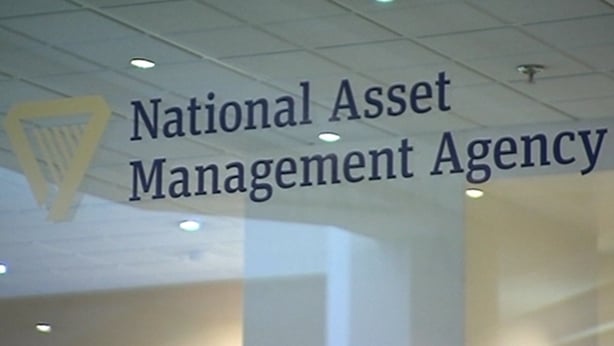Finance Minister Paschal Donohoe has described the forecast fall in domestic economic activity this year of 6.5% and an average unemployment rate of 16% as "truly horrific figures".
Paschal Donohoe made his remarks in a written statement submitted to the Oireachtas Committee on Budgetary Oversight yesterday.
The Minister also confirmed in response to a question from Labour's Ged Nash that a further supplementary estimate for spending was agreed at Cabinet this week.
This would be tabled before the relevant Dáil committees over the coming weeks.
The Parliamentary Budgetary Office yesterday estimated that a further €7 billion in "new" revised estimates would have to be introduced this year. The Minister did not specify the scale of the proposed new spending plans.
The Minister's written statement also described a rebound in the economy over the summer.
But he said the latest indications were that" 'momentum has slowed", although not reversed, since the Covid infection rate went back up in mid-August.
Mr Donohoe said total government supports in relation to Covid to date amounted to €24.5 billion.
In response to other questions from committee members, the Minister said unemployment is forecast to remain high into next year given the assumption of a no-trade deal Brexit and the absence of a widely available vaccine.
He said unemployment is forecast to remain over 10% next year. If there was a trade deal, he said unemployment is still expected to remain around 8%.
The Minister said next year's budget deficit is expected to be in the range of between 4.5 and 5.5% of GDP which would be between €14 billion and €18-19 billion. This includes €9 billion of Covid-related measures.
He also said he had given some thought about what supports may be necessary when the Employment Wage Subsidy Scheme expires in March but it was too early to make any decisions on that.
He also reiterated the Government's commitment to an increase in the carbon tax in this budget as laid out in the Programme for Government.
The revenue from this would be "recycled" into the fuel allowance schemes, infrastructure and retro-fitting, he added.
Paschal Donohoe also told the Committee that he hopes to get people back to work in offices for some of the time from next year if it succeeds in curbing coronavirus cases.

Residents in Dublin must work from home unless absolutely necessary to attend in person under recently imposed rules.
Ireland has reopened its economy more slowly than many of its European partners and has encouraged people to work from home if possible since March. That advice remains in place for the rest of the country.
"I think we gravely underestimate the impact on our citizens of not being able to go into work. Having workplaces functioning is at the heart of how we develop skills - and this is a skills based economy," Mr Donohoe said.
While some offices have partly reopened since a nationwide lockdown began to be lifted in May, many have remained closed for the last six months.
Mr Donohoe said this indirectly damaged retail and hospitality businesses such as cafes and restaurants in city centres and the Government hoped to make changes if it got on top of the virus.
"As we move into 2021 I would hope we could refocus our efforts in how we can ensure that employers who are able to make their offices safe are able to facilitate some people working in them some of the time," he said.

The National Asset Management Agency is is expected to pay a €1.5 billion surplus to the Government next year, the second instalment of a total surplus it hopes will top €4 billion, the Finance Minister also told the committee.
NAMA, established in 2009 during the property crash, used €32 billion of debt to rid Ireland's mostly nationalised banks of risky property loans with a face value of €74 billion.
It paid a €2 billion surplus to the state earlier this year that partly offset Ireland's growing budget deficit, which could reach €30 billion this year as a result of the economic damage from the Covid-19 crisis.
Mr Donohoe said the second NAMA surplus would be by far the biggest one-off payment the Government expects to receive next year.
Additional reported by Reuters






